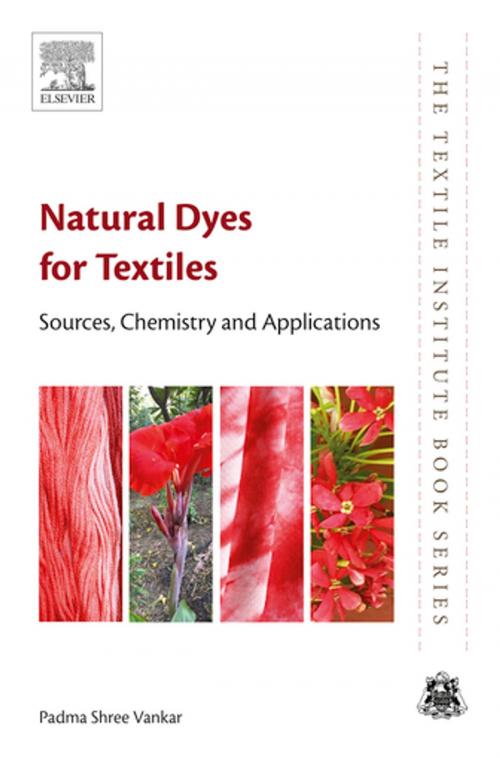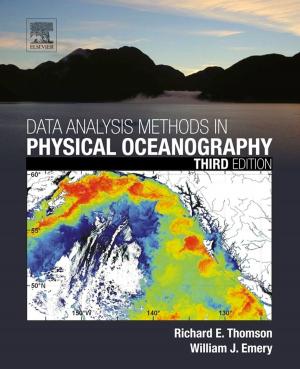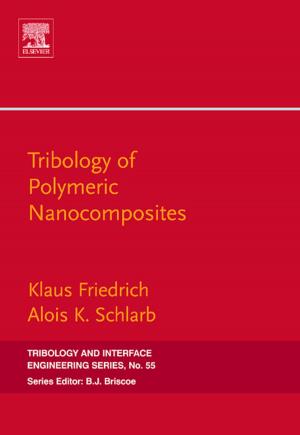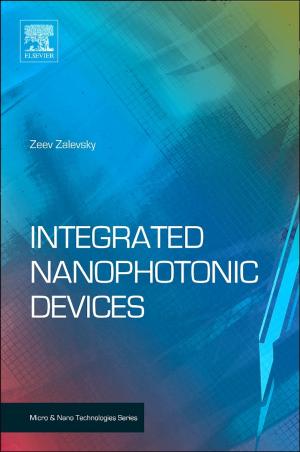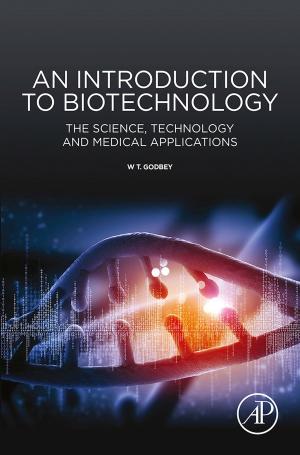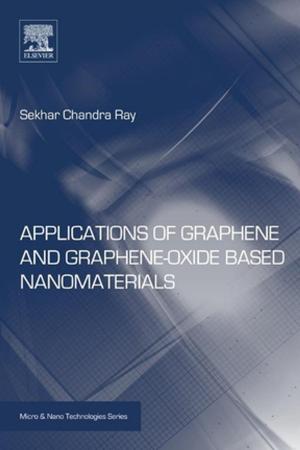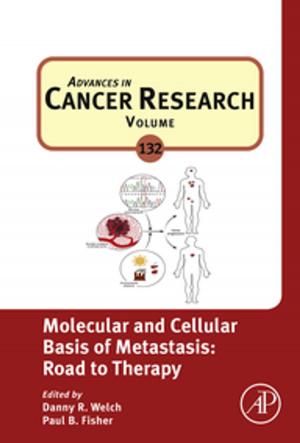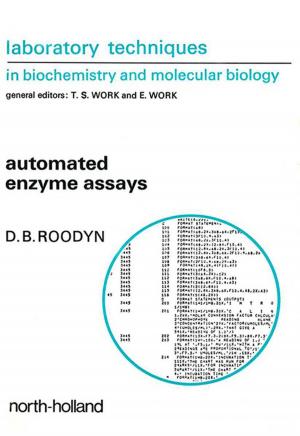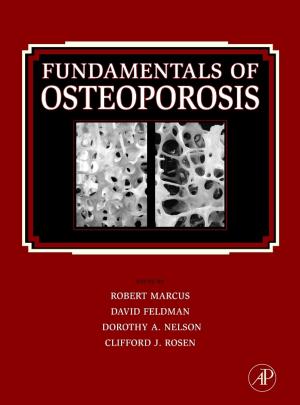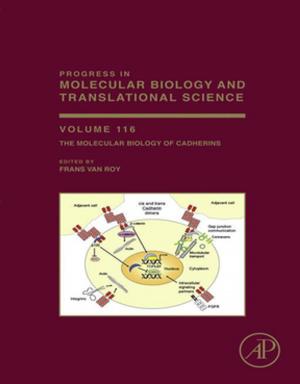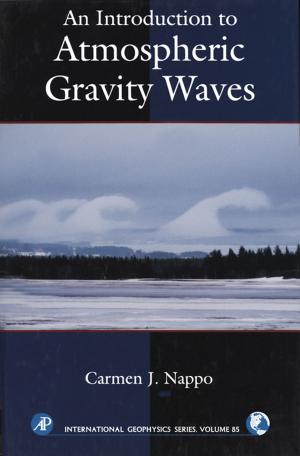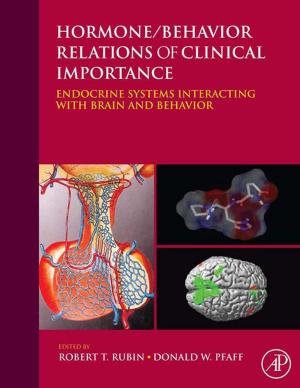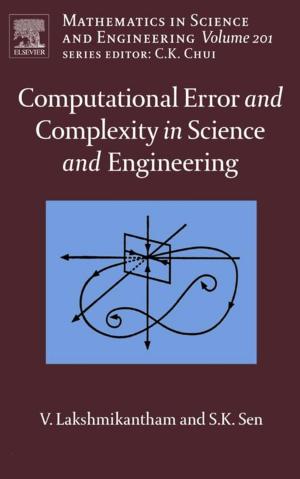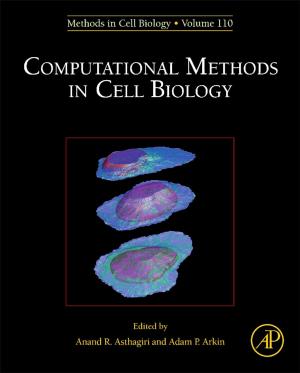Natural Dyes for Textiles
Sources, Chemistry and Applications
Nonfiction, Science & Nature, Technology, Textiles & Polymers, Engineering, Chemical & Biochemical| Author: | Padma Shree Vankar | ISBN: | 9780081018842 |
| Publisher: | Elsevier Science | Publication: | June 12, 2017 |
| Imprint: | Woodhead Publishing | Language: | English |
| Author: | Padma Shree Vankar |
| ISBN: | 9780081018842 |
| Publisher: | Elsevier Science |
| Publication: | June 12, 2017 |
| Imprint: | Woodhead Publishing |
| Language: | English |
Natural Dyes for Textiles: Sources, Chemistry and Applications is an in-depth guide to natural dyes, offering complete and practical coverage of the whole dyeing process from source selection to post-treatments. The book identifies plants with high dye content that are viable for commercial use, and provides valuable quantitative information regarding extraction and fastness properties, to aid dye selection.
The book presents newer natural dyes in detail, according to their suitability for cotton fabrics, silk fabrics, and wool yarn, before describing the application of each dye. Extraction of plant parts for isolation of colorants, chromatographic techniques for separation, spectroscopic analysis of the isolated colorants, structure elucidation, biomordanting, pretreatments, and post-treatments, are also covered.
Prepared by an expert author with many years of experience in researching and writing on natural textile dyes, this book is an important resource for academic researchers, post-graduate students, textile manufacturers, technicians, dye practitioners, and those involved in textile dye research and development.
- Written by an expert author with many years of experience in researching and writing on natural textile dyes
- Provides quantitative information about extraction and fastness properties that will be valuable to those involved in dye selection
- Offers complete and practical coverage of the whole dyeing process from source selection to post-treatments
Natural Dyes for Textiles: Sources, Chemistry and Applications is an in-depth guide to natural dyes, offering complete and practical coverage of the whole dyeing process from source selection to post-treatments. The book identifies plants with high dye content that are viable for commercial use, and provides valuable quantitative information regarding extraction and fastness properties, to aid dye selection.
The book presents newer natural dyes in detail, according to their suitability for cotton fabrics, silk fabrics, and wool yarn, before describing the application of each dye. Extraction of plant parts for isolation of colorants, chromatographic techniques for separation, spectroscopic analysis of the isolated colorants, structure elucidation, biomordanting, pretreatments, and post-treatments, are also covered.
Prepared by an expert author with many years of experience in researching and writing on natural textile dyes, this book is an important resource for academic researchers, post-graduate students, textile manufacturers, technicians, dye practitioners, and those involved in textile dye research and development.
- Written by an expert author with many years of experience in researching and writing on natural textile dyes
- Provides quantitative information about extraction and fastness properties that will be valuable to those involved in dye selection
- Offers complete and practical coverage of the whole dyeing process from source selection to post-treatments
